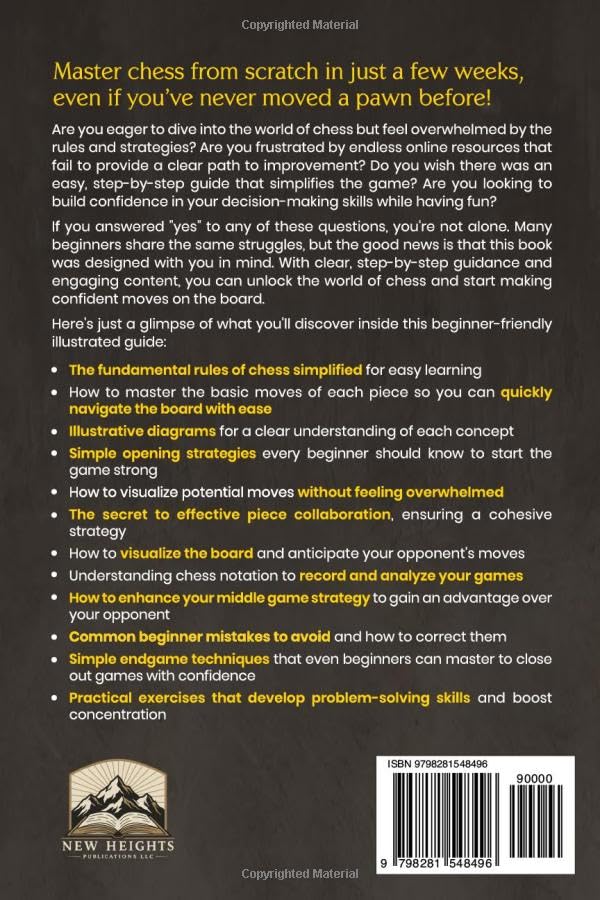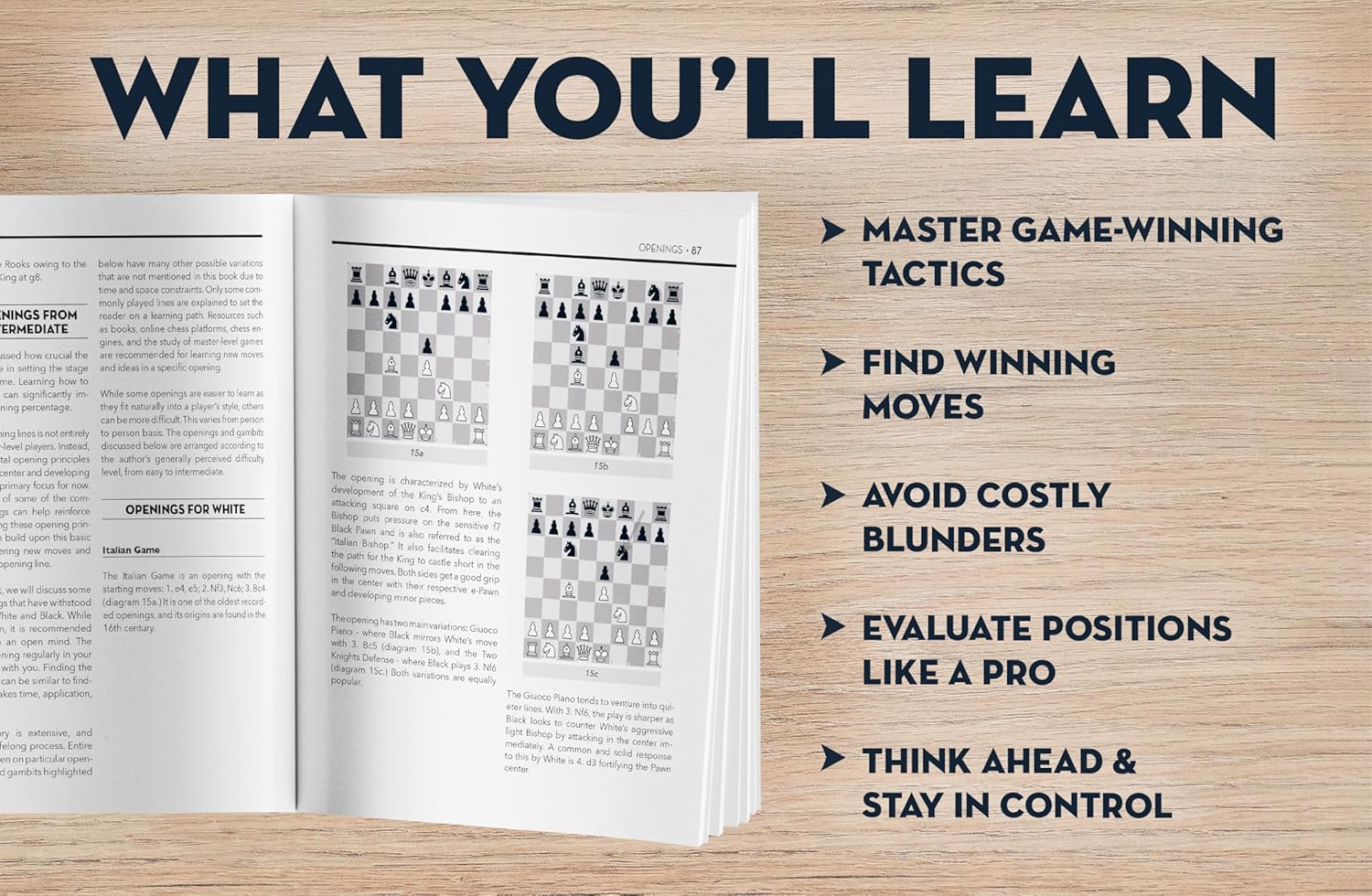Chess Tournaments: Preparing for Your First Event
ChessReviewPro Team
August 3, 2025
18 min read

The Competitive Crucible: Tournament Chess Fundamentals
Tournament chess represents a distinct competitive ecosystem requiring specialized preparation beyond casual play. Elite players approach events as performance systems integrating mental conditioning, strategic frameworks, and logistical protocols. This comprehensive guide examines evidence-based preparation methodologies used by grandmasters to optimize performance in debut competitions. We'll explore cognitive priming techniques, energy management systems, and psychological frameworks to transform tournament anxiety into competitive advantage.
Tournament Selection Matrix
Optimal first-event parameters: Seek G/90+30 time controls for decision depth, 4-6 round Swiss systems for manageable intensity, and U1600 sections for appropriate competition. Evaluate events using the SCORE framework: Strength of field, Control type (OTB vs online), Organizational quality, Rating impact, and Experience alignment. Statistical insight: Players starting in dedicated beginner sections show 28% higher retention rates than those entering open tournaments.
Pre-Event Preparation Framework
Strategic Repertoire Tuning
Refine openings to tournament conditions: Simplify choices to 1.e4/1.d4 systems with White, solid defenses with Black (Caro-Kann, Slav). Focus on structures you've practiced under time pressure. Preparation benchmark: 85% of moves through move 15 should be familiar patterns. Avoid last-minute theoretical expansions - prioritize reliability over novelty.
Tactical Priming Protocol
Implement the 7-3-1 training rhythm: 7 days prior - thematic pattern review, 3 days prior - calculation sprints, 1 day prior - visualization drills. Cognitive priming: Solve 20 tactics daily at target time control intensity. Neurological research shows consistent tactical training increases pattern recognition speed by 40% in competitive settings.
Physical Optimization System
Energy Management Framework
Tournament chess burns 6000+ calories daily through cognitive exertion. Implement nutritional periodization: Complex carb-loading 72 hours prior, protein-focused pre-round meals, and strategic snacking (nuts, dark chocolate) during games. Hydration protocol: 500ml water 90 minutes pre-game, 150ml/hour during play. Avoid glycemic crashes from simple sugars.
Neurophysical Conditioning
Combat mental fatigue with: High-intensity interval training (3x weekly) to increase cerebral blood flow, posture stabilization exercises to prevent back fatigue, and controlled breathing techniques (4-7-8 method) between rounds. Sleep architecture: Maintain consistent sleep-wake cycles 10 days pre-event, with 7.5-hour minimums.
Mental Performance Protocols
Anxiety Transformation Framework
Convert pre-tournament nerves into focus using the A.C.E. method: Acknowledge physiological signals (increased heart rate), Channel energy into preparation rituals, Execute process goals. Cognitive reframing: Replace "I must win" with "I will execute my best chess." Pre-game routine: 20-minute mindfulness meditation, tactical sprints at 50% intensity, opening visualization.
Expectation Management Matrix
Establish tiered objectives: Foundation (record all moves), Growth (identify critical moments), Stretch (achieve 50% score). Process goals > outcome goals. Performance journaling: Document three non-result metrics per game (time management, pattern recognition, emotional control).
Tournament Logistics Mastery
Equipment Optimization
Essential tournament kit: Triple-carbon scoresheets, analog clock proficiency, noise-canceling headphones, hydration system, and nutritional supplements. Backup protocol: Extra pens, scoresheets, and digital clock. Psychological comfort: Familiar playing set (pieces/board) reduces environmental novelty stress.
Venue Navigation Strategy
Conduct pre-tournament reconnaissance: Locate playing hall, restrooms, analysis areas, and quiet zones. Arrival protocol: 60 minutes pre-round for acclimatization. Environmental control: Position selection (avoid high-traffic areas), lighting assessment, and temperature regulation layers.
Competition Execution Framework
Round Preparation Rhythm
Implement the 90-Minute Pre-Round Sequence: Physical activation (light stretching), Cognitive priming (5 tactical problems), Strategic focus (opening visualization), Psychological centering (box breathing), and Equipment check. Avoid game discussion or engine analysis between rounds.
In-Game Protocols
Tournament-specific adjustments: Verify move recording after each turn, announce "adjust" before touching pieces, and manage draw offers per FIDE Article 9. Time management: Allocate 40% opening, 50% middlegame, 10% endgame. Crisis response: For blunders, implement the 3-R reset (Recognize, Reset, Refocus).
Between-Round Recovery System
Optimal recovery sequence: Hydration → Nutrition → Mental disengagement → Light movement → Preparation. Cognitive detachment techniques: 20-minute non-chess activities (music, walking), sensory reset (cold face wash), and error containment rituals. Performance nutrition: 4:1 carb-protein ratio snacks within 30 minutes post-game.
Post-Event Analysis Methodology
Implement the 24-72 Hour Review Protocol: Immediate (24h): Emotional processing without analysis. Technical (48h): Engine-free game review. Strategic (72h): Pattern identification across tournament. Quantitative metrics: Critical moment accuracy, time management efficiency, tactical oversight rate. Improvement prescription: Transform one weakness into next month's training focus.
Grandmaster Case Studies: Debut Strategies
Analyze Carlsen's first tournament (controlled aggression), Hou Yifan's systematic preparation, and Rapport's psychological frameworks. Common elements: Opening simplicity, time management discipline, and non-result performance metrics. Adaptation insight: 92% of elite players maintained identical opening repertoires in first tournaments.
Long-Term Tournament Development
Establish progression pathway: Begin with monthly local events, advance to regional opens, target national circuits. Performance tracking: Maintain tournament database with metrics (performance rating, endgame conversion, time usage). Annual review: Assess by playing phase (opening/middlegame/endgame) rather than overall results.
Conclusion: Building Your Tournament Foundation
First tournaments establish competitive patterns that shape long-term development. Implementation framework: Begin with logistics mastery, advance through mental preparation, finally integrate post-event analysis. Post-tournament protocol: Document three insights, one improvement area, and schedule next event within 8 weeks. Remember: Tournament chess is a learned skill - your debut establishes neural pathways for competitive excellence.
Recommended Chess Books & Products
How to Win at Chess: The Ultimate Guide for Beginners and Beyond

Beginner Chess Made Easy: Illustrated Guide to Rules, Strategies & Confident Play


The First Chess Book You Should Read: From Beginner to Intermediate







Bobby Fischer Teaches Chess

Share this article with fellow chess enthusiasts!